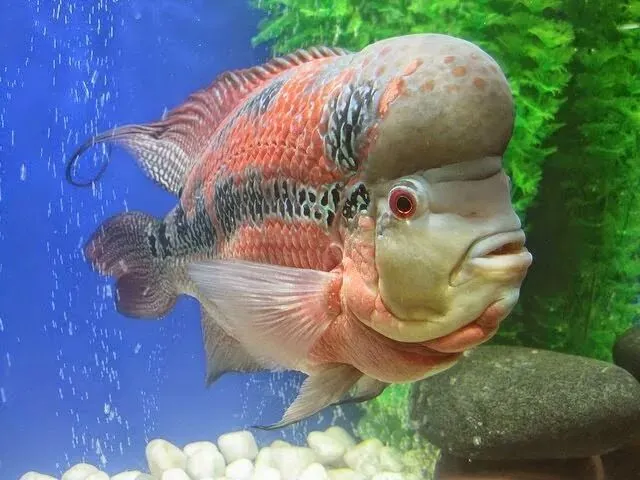
Do fish drink water like humans?
All living things on Earth need water. Humans and animals that live on land must drink water so that there is still water in the body at all times. Humans drink water to maintain the condition of the body so that the body functions properly. Living bodies need water for various reasons. In fact, several parts of the body work together to ensure that the amount of water in the body is equal at all times.
If the amount of water is too low, you will be thirsty and immediately look for water to drink. But if the amount of water in the body is too much, the body will excrete excess water through urine. If you have a pet, one thing to note is that you make sure food and drinking water is always available, except fish. You must always feed fish but don't have to provide water. Because fish habitat is in the water.
With a residential environment in the form of water, it is hard to believe that fish still need drinking water. But rest assured, fish also need the right amount of water in their bodies. Fish not only swim in water, but fish also drink water. The water in which the fish lives affects whether or not the fish need to drink. Generally, there are two types of fish namely freshwater fish and saltwater. Freshwater fish live in an environment where there is no salt, such as ponds or rivers. Saltwater fish live in water that contains high levels of salt such as in the ocean.
How to drink freshwater fish and saltwater fish turns out different.
How to drink freshwater fish is not like the way humans drink. For drinking, water enters the body of freshwater fish through the gills. So that freshwater fish more easily maintain water levels in the body. The salt content of freshwater fish in his body is more than the salt content in the water which is his habitat. Gills are parts of the body that fish use to breathe, such as lung function in humans. The fish breathes by drawing water into its mouth and then pushing the water through the gills so that the water comes out of the fish's body.
In freshwater fish, gills also take some water so that the fish have more water content in the body. So, freshwater fish don't drink water through the mouth like humans do. This type of fish must ensure that its body does not have too much water and must work very hard to get rid of excess water as waste. But the process of drinking saltwater fish is not as easy as the way freshwater fish drink.
Salt is found in many places on planet Earth. A number of animals have evolved to live in environments with high salt content, but some are not. Salt and water together make up most of the water on planet Earth, which is a major component of early life. Everything in nature is balanced, including salinity (salinity). Basically, nature ensures balanced salt levels everywhere. If humans drink salt water will result in death from dehydration, because salt water actually makes us more thirsty.
What about saltwater fish that live in high salt water environments? Saltwater fish has a smart solution, which is pumping excess salt through the gills. Unlike freshwater fish, saltwater fish contain less salt in the body than the water in which they live. So, freshwater fish get a lot of water through the gills while saltwater fish dump a lot of water through the gills. Saltwater fish gills have adapted to filter salt from the body and return salt to the sea. Without this adaptation, saltwater fish will die because of high salinity.
Because water always flows through the gills, it means that water always comes out of the saltwater fish's body. That is, fish that live in salt water need to drink large amounts of water. Most animals cannot drink salt water to relieve thirst, but saltwater fish can. Saltwater fish has a special system in the body to keep salt levels balanced, by swallowing and then returning salt to the sea.
